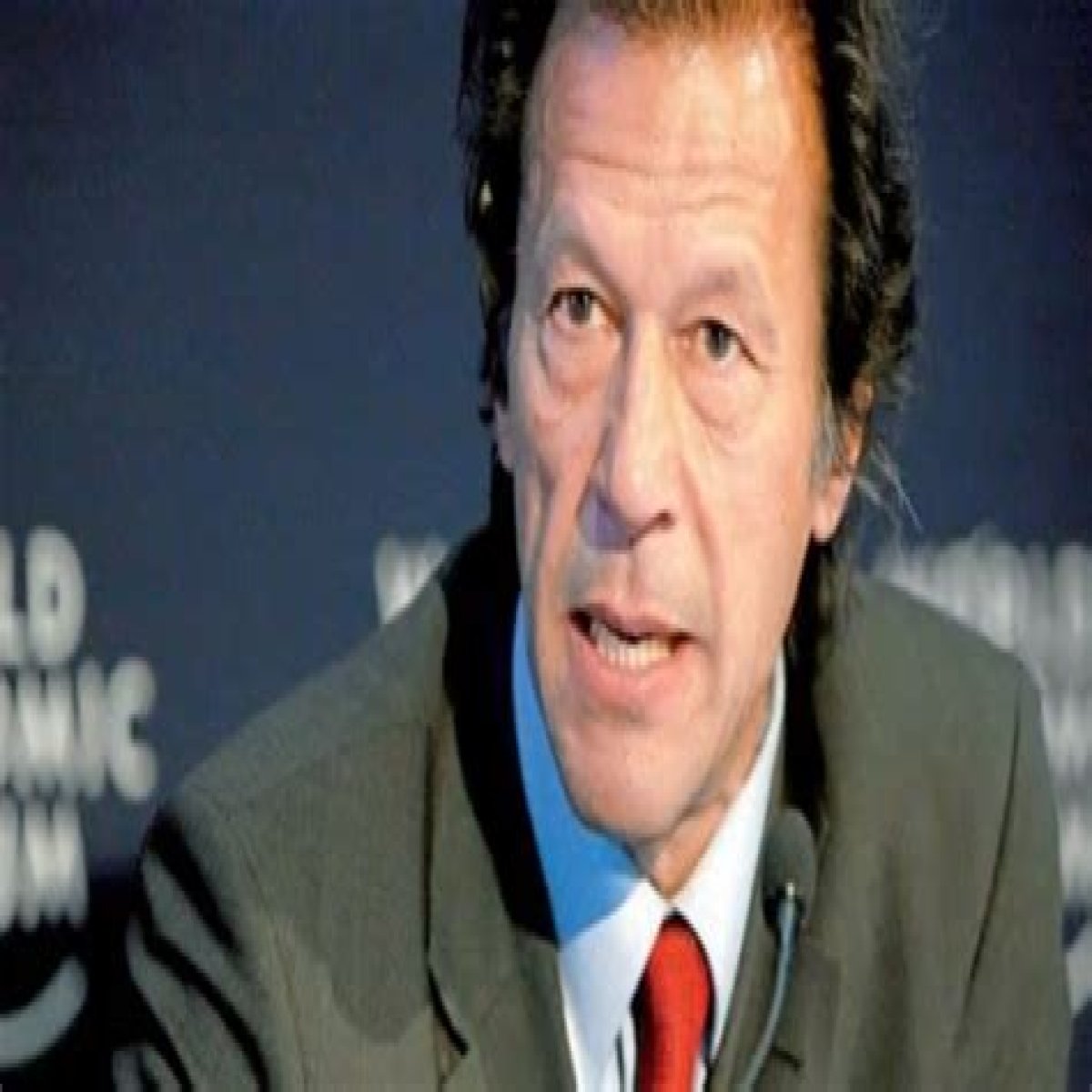Imran Khan, born on October 5, 1952, is a notable figure in Pakistan, having excelled as a cricket player, politician, philanthropist, and the Prime Minister of Pakistan from 2018 to 22. His prominence stems from leading his nation’s team to victory in the 1992 Cricket World Cup, followed by his venture into politics as a crusader against corruption within the Pakistani government.
**Profile Summary**
– **Birthplace**: Lahore– **Family Background**: Born into an affluent Pashtun family– **Education**:– Royal Grammar School, Worcester (United Kingdom)– Aitchison College, Lahore (Pakistan)– **Family Cricket Legacy**: Several accomplished cricket players in the family, including elder cousins Javed Burki and Majid Khan, both serving as captains of the Pakistani national team– **Early Cricket Career**: Played cricket in Pakistan and the United Kingdom during his teens– **University Education**: Studied philosophy, politics, and economics at the University of Oxford– **National Team Debut**: Played his first match for Pakistan’s national team in 1971– **Graduation**: Graduated from the University of Oxford in 1976– **Cricket Career**: Did not take a permanent place on the national team until after graduation
**Biography and Career**
Imran Khan attended prestigious institutions in Pakistan and the UK, such as the Royal Grammar School in Worcester and Aitchison College in Lahore. Hailing from a wealthy Pashtun family, he had several eminent cricketers in his lineage, notably his elder cousins Majid Khan and Javed Burki, both national team captains. Initially playing cricket in both Pakistan and the UK during his teenage years, Imran continued his passion while pursuing studies at the University of Oxford, where he graduated in 1976 and secured a permanent spot on the national team.
Imran Khan’s legacy as a remarkable bowler and all-around player was solidified by the early 1980s when he was elected as the captain of the Pakistani side. His charismatic personality and athletic prowess garnered him fame in both Pakistan and England, with the British media often highlighting his presence in elite London nightclubs. His most notable achievement came in 1992 when he steered Pakistan to its first World Cup title with a victory over England in the championship match. After retiring in the same year, he shifted his focus to philanthropy, notably contributing to the establishment of the Shaukat Khanum Memorial Cancer Hospital in Lahore.
**Political Journey**
Following his retirement from cricket, Imran Khan transitioned into a staunch advocate against corruption and poor governance in Pakistan. His political career commenced in 1996 with the formation of Pakistan Tehreek-e-Insaf, also known as the Pakistan Justice Movement (PTI). Despite initial setbacks in the national elections, his populist views resonated, particularly with the youth. He consistently criticized corruption and economic disparity in Pakistan, while also condemning the relationship between the Pakistani government and insurgents near the Afghan border.
**Removal from Office**
Despite initial success in politics, Imran Khan faced criticism for his ties to the military establishment, counter-extremism measures, and economic challenges. The formation of the Pakistan Democratic Movement (PDM) coalition in late 2020 intensified pressure on Khan, leading to protests and demands for his resignation. Although he won a vote of confidence with the support of his coalition allies, his relationship with the military suffered a setback, eventually resulting in his removal from office.
**Family**
Imran Khan was born into a Pashtun family in Lahore on October 5, 1952. He is the only son of Shaukat Khanum and Ikramullah Khan Niazi, and has four sisters: Uzma Khanum, Rani Khanum, Aleema Khanum, and Rubina Khanum.
**Height and Age**
Imran Khan stands at 6 ft 2 in (188 cm) and is currently 71 years old, given his birthdate as November 25th, 1952.
**FAQs**
– **Q: Who is Imran Khan?**– A: Imran Khan is a former Prime Minister of Pakistan and a renowned former captain of the Pakistan cricket team.– **Q: Can you tell me about Imran Khan’s family background?**– A: Imran Khan’s family is a prominent Pakistani family active in both politics and sports. It was formerly known as the First Family of Pakistan. He was born on 5 October 1952 in Lahore to Ikramullah Khan Niazi, a civil engineer, and Shaukat Khanum. He is the only son in the family, with four sisters.– **Q: What is Imran Khan’s tribal background?**– A: Paternally, Imran Khan belongs to the Niazi Pashtun tribe from Mianwali in northwestern Punjab. Maternally, his mother belonged to the Burki Pashtun tribe, originally from South Waziristan in the tribal areas of northwest Pakistan.– **Q: Did Imran Khan have a career in cricket?**– A: Yes, Imran Khan played cricket for Pakistan and served as the captain of the national team. He made his debut in 1971 and took a permanent place on the team after graduating from the University of Oxford in 1976.– **Q: Who are Javed Burki and Majid Khan in relation to Imran Khan?**– A: Javed Burki and Majid Khan are Imran Khan’s elder cousins from his maternal side. Both have been prominent cricketers, having served as captains of the Pakistani national team.– **Q: Can you provide information about Imran Khan’s marriages?**– A: Imran Khan was first married to Jemima Goldsmith from 1995 to 2004. They have two sons, Sulaiman Isa Khan and Kasim Khan. In 2015, he announced his second marriage to British Pakistani journalist Reham Khan, which ended in divorce in October 2015. In 2018, he married Bushra Bibi, his spiritual mentor.
